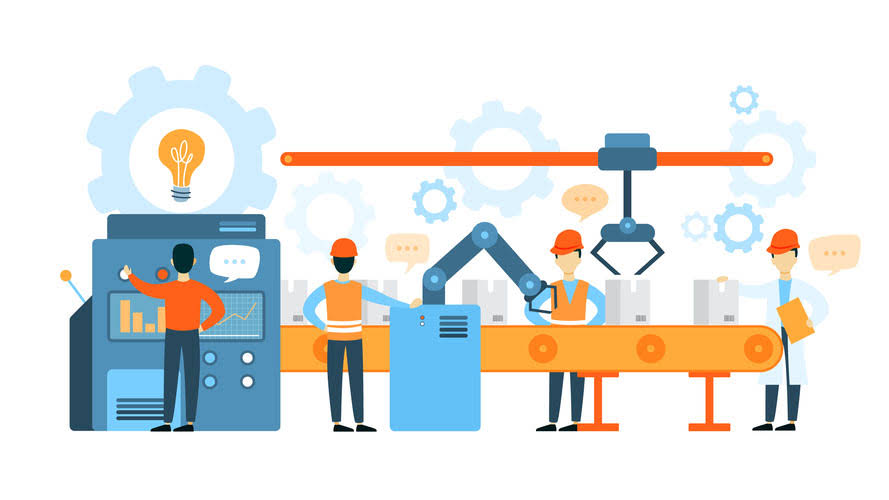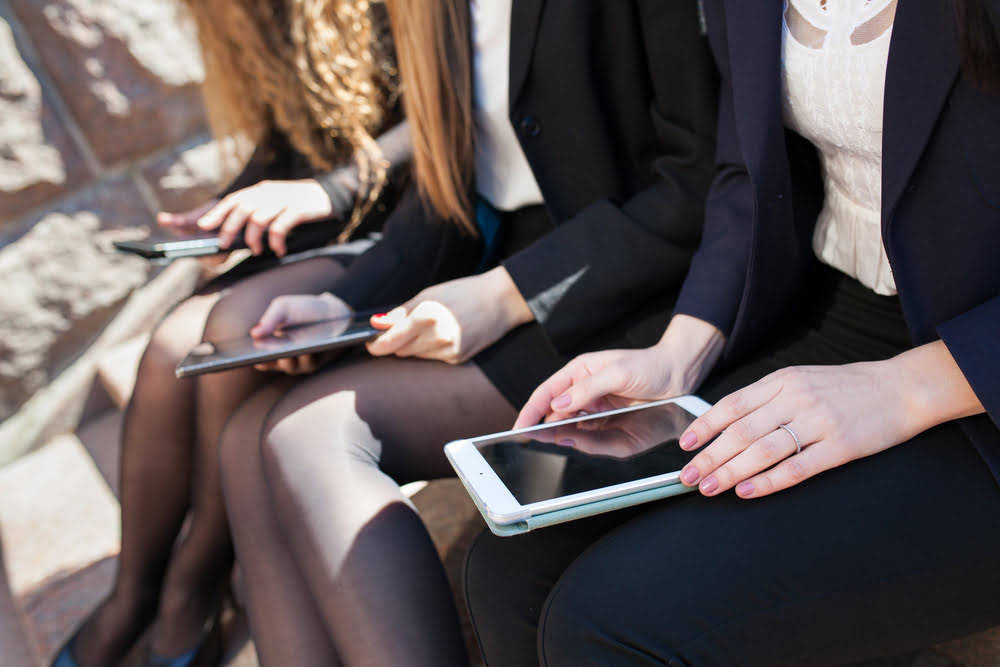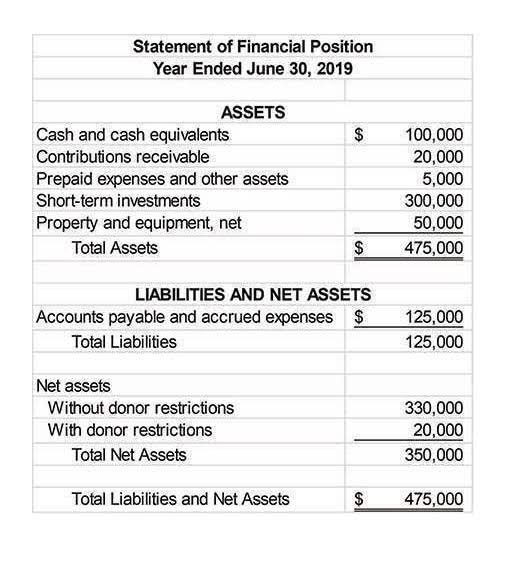Many countries take part in “Dry January”, a campaign which encourages https://ecosoberhouse.com/ people to give up alcohol for one month. In my view, taking a break from alcohol for four weeks is very psychologically beneficial, because it allows people to focus their minds on their relationship with alcohol. My patients are aged 18 and over and typically belong to higher socio-economic groups; around half of them have private medical plans, while the others are self-paid. In terms of addiction, around 85 percent of the work I do is related to alcohol.
Things That Inevitably Happen to Your Personal Life When You Get Sober
- If you’ve made up your mind before you enter a space that it isn’t going to work, you will be right.
- So many of my friendships revolved around either drinking or being “there for me” (or both).
- It can be very alarming when an alcoholic in recovery drinks again.
- Often, the best way to avoid alcohol relapse is to immerse yourself in sober activities and alternative plans.
Creating a relapse prevention plan involves reflecting on past experiences, recognizing potential pitfalls, and developing a personalized approach to managing cravings and triggers. This plan should be regularly reviewed and updated to ensure it remains relevant and effective in supporting long-term recovery and continuous sobriety. Social situations can be challenging for those in recovery, with the pressure to drink often present in various settings.
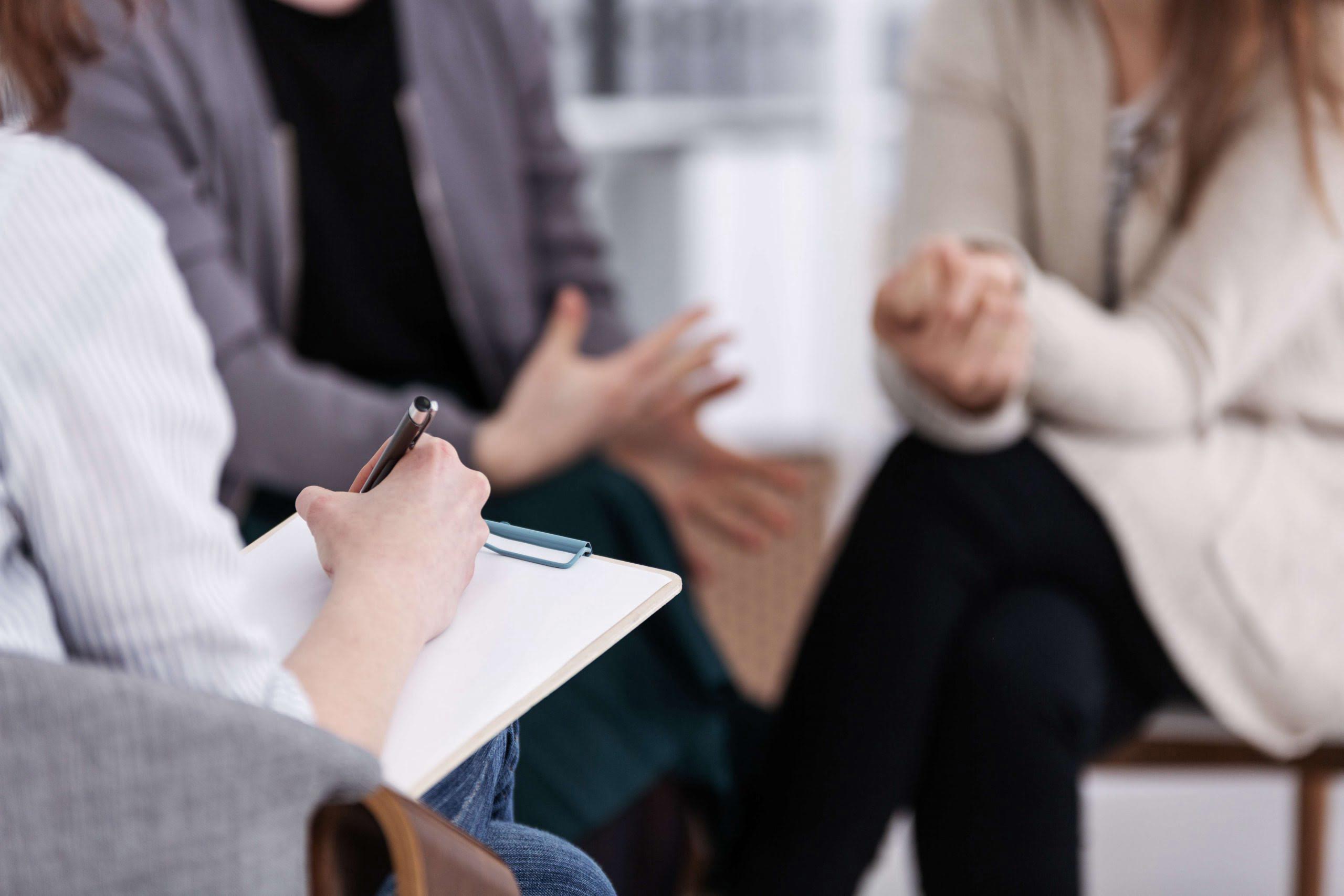
Emotional Triggers
Many people who complete rehab do not adhere to their treatment plan. They may think treatment cured their disease, but relapse can still occur. Taking proper steps to remain drug-free can increase a person’s chances of maintaining sobriety during recovery.
- If you’re like me and have immersed yourself in the self-help aisle trying to DIY your mental health and alcoholic tendencies, then you’re probably under the delusion that you know more than you do.
- A lot of people get addicted to drugs and alcohol in the first place because of facing stressful situations in life.
- Returning to alcohol, on the other hand, can slow down or completely interrupt this process.
- At New Breath Recovery, we offer personalized drug and alcohol addiction treatment options tailored to each patient’s unique condition and needs.
- But we will proceed all the way to the light at the end of the tunnel.
- If, after this one drink, you decide to have a glass of wine at an event one month later and another glass of wine a couple of months after that, you are no longer sober.
Can An Alcoholic Ever Drink Normally Again?
Cosmopolitan participates in various affiliate marketing programs, which means we may get paid commissions on editorially chosen products purchased through our links to retailer sites. After 2 weeks of no alcohol, your gut lining begins to heal, and you alcoholism treatment will notice less heartburn, less bloating, and more natural bowel movements. Your treatment may be fully or partially covered by insurance.Fill out the form below, and we will verify insurance to check your benefits.Contact us if you have any questions. Get cost-effective, quality addiction care that truly works. I have a habit of condensing too much information on any given page.
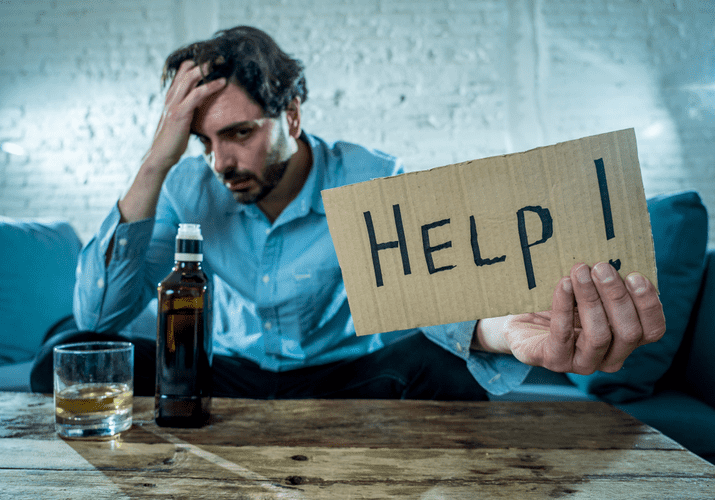
Many of my clients with depression often going back to drinking after being sober have an underlying alcohol problem, which they don’t initially disclose but emerges as time goes on. When you look and feel your best, you’re in a position to use your well-earned pride as a powerful weapon against relapse. My gut health was a disaster, my skin was dry and flaky, and my teeth were yellow from nights passed out on the couch without brushing. I just didn’t feel like the best version of myself at all.
- Over a period of 7 years I grew into the person that I am today, and continue to grow in spirituality and in mind, and continue to use the tools that AA gave me, taught me, etc.
- Stress increases the risk of a lower mood and anxiety causing alcohol cravings.
- Overall, among people sober for five years, the chances of relapsing are less than 15%, according to Psychology Today.
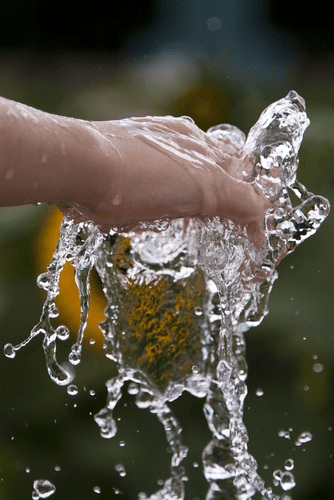
While relapsing is nothing to be ashamed of — it happens to many people who have fought hard to get sober — it’s something you do want to avoid. If you don’t indulge in even one drink, then there’s no chance of suffering a relapse. Our IOP and clinical services are specifically designed to help clients combat alcohol addiction and reintegrate into society while avoiding triggers that could lead to relapse. For the majority of people, drinking alcohol after being sober can lead to relapse. Therefore, it is not recommended to have even one drink while in recovery.
Reframe supports you in reducing alcohol consumption and enhancing your well-being. Plus, we’re always introducing new features to optimize your in-app experience. We recently launched our in-app chatbot, Melody, powered by the world’s most powerful AI technology. Melody is here to help as you adjust to a life with less (or no) alcohol. You’ll meet millions of fellow Reframers in our 24/7 Forum chat and daily Zoom check-in meetings. Receive encouragement from people worldwide who know exactly what you’re going through!

